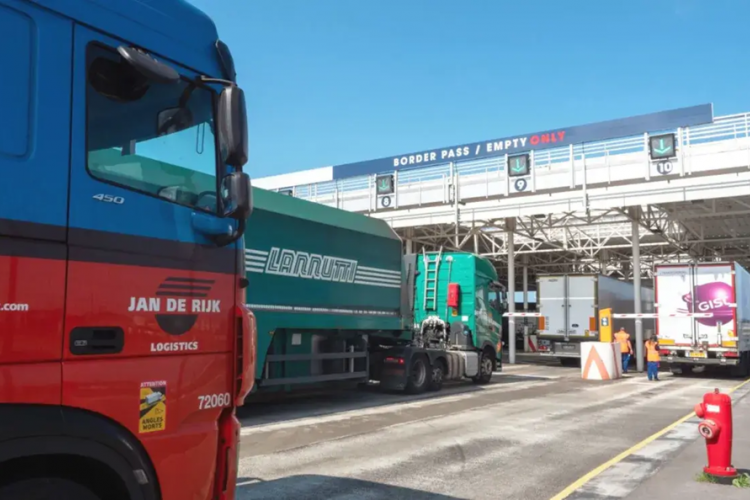From 31 January 2025, all goods imported from the EU to Great Britain must have a safety and security declaration submitted before arrival. Read our guide to prepare.
From 31 January 2025, new safety and security declaration requirements will apply to all goods imported into Great Britain from the European Union. This marks the end of an extended grace period and is part of the UK’s post-Brexit customs framework.
Key requirements
- Entry Summary Declaration (ENS): Importers or carriers must submit an ENS before goods arrive at the UK border. This can be done via the Safety & Security Great Britain (S&S GB) system or the ICS NI system for goods destined for Northern Ireland.
- Mandatory Registration: Businesses must register with S&S GB to submit declarations. Registration requires a Government Gateway account and a Great Britain Economic Operators Registration and Identification (EORI) number.
- Declaration Details: The ENS must include key data such as the consignor and consignee details, mode of transport, goods description, and packaging information. The reduced dataset includes 20 mandatory fields, 8 conditional fields, and 9 optional fields.
Goods exempt from ENS requirements Some goods are exempt from ENS declarations, including:
- Electricity and goods transported via pipelines
- Letters, postcards, and printed materials
- Personal luggage items
- Goods declared orally to customs
What hauliers need to do Hauliers are legally responsible for ensuring declarations are submitted, although intermediaries or importers can complete them on the carrier’s behalf. Businesses are encouraged to:
- Start submitting ENS declarations now, ahead of the 31 January deadline.
- Clarify responsibilities within their supply chain for handling declarations.
- Ensure they have access to compatible software or use the services of a customs intermediary to submit declarations.
How to submit ENS declarations Declarations must be submitted through the S&S GB platform, which does not have a direct user interface. Businesses can either:
- Develop or purchase compatible software, or
- Employ a Community System Provider. To complete a declaration, businesses will need key documents such as airway bills or invoices, along with details of the goods, consignor, consignee, and transport arrangements.
Reduced data requirements
The revised rules aim to simplify the process by requiring less information compared to previous declarations for non-EU imports. If businesses already submit safety and security declarations for non-EU imports, they can continue using their existing systems.
For further guidance, businesses are advised to consult the official government resources or their trade representatives.






